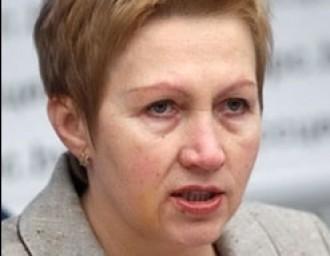Belarus is planning to re-launch talks on the new loan program with IMF
27.12.2012 | Economy

This was reported by the head of the National Bank of Belarus Nadzeia Ermakova during the question-and-answer phone session held on December, 26.
She said that though the International Monetary Fund doesn’t rule out a new program, there still remains much to be done to harmonize the terms of the loan program. Future actions and plans shall be discussed in the spring of 2013, BelTA reports.
“The new program with the IMF should be considered not only as the harmonization of certain actions and loans, but primarily as a positive signal that could significantly enhance the investment appeal of Belarus,” noted Nadzeia Ermakova.
According to the head of the National Bank of Belarus, this year the Belarusan Government and the National Bank have implemented consistent measures to stabilize the economy and the currency and consumer markets in the country. “The IMF supported such actions and welcomed the further plans aimed primarily at ensuring macroeconomic stabilization of the economy, further reducing the inflation, increasing the competitiveness of Belarusian goods and improving the foreign trade balance,” Nadzeia Ermakova added.
“At present, cooperation with the IMF is carried out within the framework of regular visits of IMF missions for assessment of the situation in our country in the post-program period, including issues of monetary, foreign exchange, price and fiscal management. The IMF also provides the National Bank with technical assistance in key areas,” said Nadzeia Ermakova.
Let us recall that between January 2009 and April 2010 Belarus implemented a standby program backed by a $3.6 billion IMF loan. The Belarusan side has repeatedly stated its interest in implementing a new program with the International Monetary Fund. Before starting the new loan program with Belarus the IMF wants the firm commitment of the Belarusian authorities to a comprehensive and coherent package of policy measures and structural reforms.
-
03.01
-
07.10
-
22.09
-
17.08
-
12.08
-
30.09










































